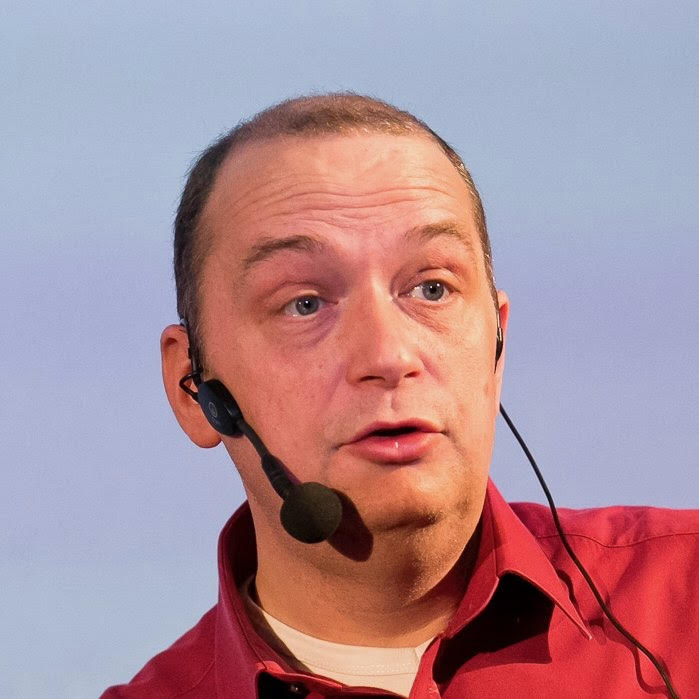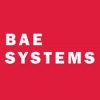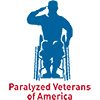Oracle PL/SQL Training By Experienced, Expert Instructors
Online instructor-led hands-on training and mentoring from some of the world’s most experienced and knowledgeable Oracle Developers. SkillBuilders has been training students all things Oracle Database for 26+ years. Harness our experience in Oracle with our new PL/SQL training path where we have proven classes that can bring your Oracle PL/SQL knowledge from Beginner to Expert level.
What Makes Our PL/SQL Training Better?
Our PL/SQL class was designed and written by our founder, Dave Anderson. Dave has been teaching complex developer subjects since 1985 (e.g. Assembler Programming). After teaching PL/SQL programming hundreds of times, Dave’s course design takes the student quickly from PL/SQL basics to more advanced concepts, without overloading the student. (Since PL/SQL is a language that runs inside the Oracle Database and has no native user interface, this can be tricky.) Our course also focuses on performant PL/SQL right from the start. Where it is possible to mention a performance-related concept it is done, even in the basic lessons. Learning to create efficient, scalable and maintainable PL/SQL is a major goal of the course. The result is that any developer with some SQL experience can, in 5 half day sessions, gain the skills to build their own, well-written, procedures, functions and triggers.
Where PL/SQL Really Shines! APEX!
Oracle Application Express (APEX) is a rapid development platform that enables you to quickly build scalable and secure web applications for both desktop and mobile. The framework uses a declarative approach to the user interface relieving the developer of tedious html, css and javascript coding. It also provides declarative support for database reporting and data manipulation. Business logic however cannot be provided by the framework and this is where PL/SQL, Oracle’s powerful procedural language, steps in.
Knowledge in PL/SQL is a must for APEX developers and the more proficient you are in PL/SQL the better, more structured and maintainable your APEX applications will be.
Online or In-Person Instruction for Oracle PL/SQL by These Experts
PL/SQL Training Statistics
Where to Start with PL/SQL Training
We know it can be hard to make the right decision on what to spend time and money on when it comes to Oracle PL/SQL Training. At SkillBuilders we want to make it easy to get the information you need. We have created a training path to bring you up to expert levels in PL/SQL.
To start you can call us right now at +1(401)783-6172 with any questions or, outside business hours, use our Request for Information form. (Business hours 8:30 AM to 5 PM Eastern)

Oracle PL/SQL Training Class Schedule
All classes are online unless otherwise noted with a physical classroom location.
All dates are in Eastern Time (ET).
Search:
| Course Title | Date | |
|---|---|---|
| Oracle SQL Tuning for Developers and DBAs |
|
|
| Introduction to Oracle Database and SQL |
|
|
| Oracle PL/SQL Programming Workshop |
|
|
| Advanced SQL Queries for Oracle Databases |
|
|
| An Introduction to JSON in Oracle Databases |
|
|
| SQL Tuning Masterclass: How to Read Oracle Execution Plans |
|
|
| Oracle SQL Tuning - Core Skills for Developers |
|
|
Our Oracle PL/SQL Training Path
-
Introduction to Oracle Database and SQL
Geoffrey Wiland This course is designed for developers, analysts, and... -
Oracle PL/SQL Programming Workshop
Getting Started with PL/SQL This class will teach you how... -
Advanced SQL Queries for Oracle Databases
Learn the advanced SQL skills necessary to design and code... -
Oracle SQL Tuning for Developers and DBAs
Online or on-premise hands-on Oracle SQL Tuning classes with expert... -
An Introduction to JSON in Oracle Databases
Geoffrey Wiland Learn JSON and how to implement JSON within...
-
What is PL/SQL?
- PL/SQL is a 3rd generation language (3GL).
- It significantly extends the capabilities of SQL in an Oracle database.
- It provides all the capabilities you would expect including variable definition and assignment, conditional processing (IF and CASE statements), loop constructs, error handing, etc.
-
How does PL/SQL differ from SQL?
- SQL is primarily designed to store data in and retrieve data from your database. It is an ANSI standard language, although Oracle has significantly enhanced its SQL to provide additional functionality.
- Since PL/SQL is a 3GL, it provides much more sophisticated manipulation of the data than is possible with SQL.
-
What can PL/SQL do that SQL cannot?
- First, PL/SQL supports seamless integration with SQL. This allows PL/SQL to embed SQL statements to retrieve many rows of data, and then loop through the rows.
- PL/SQL extends SQL to support manipulation or rows individually to do whatever is needed: perform analyses, generate detailed reports, do statistical analyses, export data, generate emails, etc.
-
What does PL/SQL do well and what does it not do well?
- PL/SQL is primarily designed to manipulate data. With is language capabilities and close integration with SQL, it does that extremely well.
- As such it is very good for most commercial applications. However, it was not designed to do extremely sophisticated calculations and numerical analysis.
- For example, PL/SQL is not the tool to calculate when to fire rocket engines to control a flight in space.
-
I do my SQL calls from Java/C++/.NET/etc. Why should I use PL/SQL?
Since PL/SQL and SQL integration is seamless, and they both run on the Oracle server, PL/SQL is generally easier, more efficient, and has more sophisticated built-in capabilities than is available when performing the integration with other languages.
A single call to PL/SQL can run a program with any number of calls toSQL. If each of those calls were made from another language, there would be much more traffic across the network. If you needed 10,000 calls to SQL to accomplish your task, another language would have to place 10,000 calls on the network. If PL/SQL did the work, only one call would be placed on the network: “Run the PL/SQL program”.
-
Is PL/SQL difficult to learn?
- Since PL/SQL is a 3GL it is much simpler to learn that an Object-Oriented Programming (OOP) Language such as C++, Java, and VisualBasic .NET.
- The basics of the language can be learned in a week or so, and a good working knowledge of the language can be learned in a couple of months. This is compared to 6 months to 2 years to get a good working knowledge of an OOP Language.
[mrp_rating_entry_details_list post_ids=”14362,14332″ show_filter=”false” sort_by=”most_recent” add_author_link=”false” show_load_more=”false” limit=”4″ show_rating_items=”false” show_overall_rating=”true” show_avatar=”false” show_comment=”false”]










